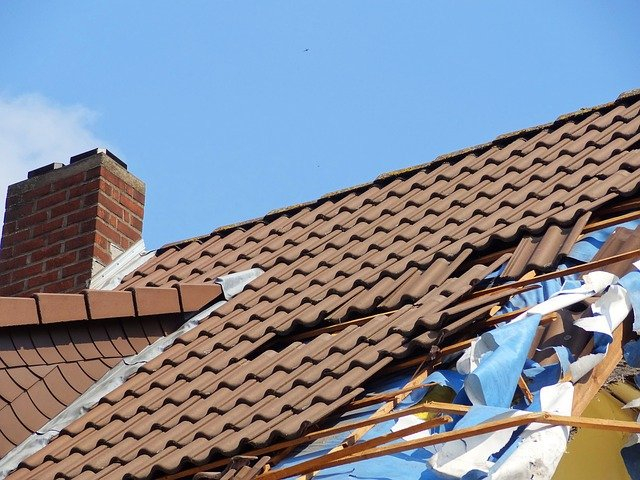Storm damage to your roof: It can happen in an instant. Or, it can accumulate and become worse slowly over time. No matter how it manifests, if you have it, you’ll want to call for storm damage roof repair Denver CO.
Types of Storm Damage to Your Roof
A wide variety of storm types and conditions can imperil and damage your roof. Many of these are common in the Front Range area of Colorado. Some of these include:
- Wind Damage. High winds including tornadoes can wreak havoc on essentially all roof types. Shingles, in particular, are commonly lifted and damaged by strong winds
- Rain Damage. Regular old rain falling over and over on your roof can be the biggest problem you may encounter. Over time, it is responsible for most of the leakage that occurs to Denver-area roofs.
- Hail Damage. The Front Range is a hail-prone area. These solid water pellets and stones, often coming down with high velocity, can quickly damage even the sturdiest of roofs.
Detecting Storm Damage on Your Roof
In some cases, particularly after a severe storm, roof damage will be obvious. In other cases, the evidence of damage may be more subtle.
Here are a few things to look for on your roof:
- Missing or out of place metal flashing
- Missing or broken shingles
- Gutter issues not present previously
- Excessive composite residue in gutters or near building foundations
- Newly appearing water leaks or damage along ceilings or in the attic
Peculiarities of Denver-Areas Storms
The Front Range and adjacent areas are particularly prone to severe storms. The National Oceanic and Atmospheric Administration (NOAA) refers to this region and “Hail Alley”. The peak season for hail and other severe storms ranges from May through July. The confluence of dry air masses from the northwest colliding with warm, moist air masses moving in from the south causes most of this meteorological activity.
What to Do if You Have a Damaged Roof
If you know or suspect that you need repair to your roof because of storms and other weather activity, make sure you contact a professional that’s been in business in the Denver area for some time. Beware of “storm chasers” who are often shoddy, fly-by-night outfits. Make sure that anyone who looks at or is stepping upon your roof is certified and can provide a list of satisfied customers ahead of time.
